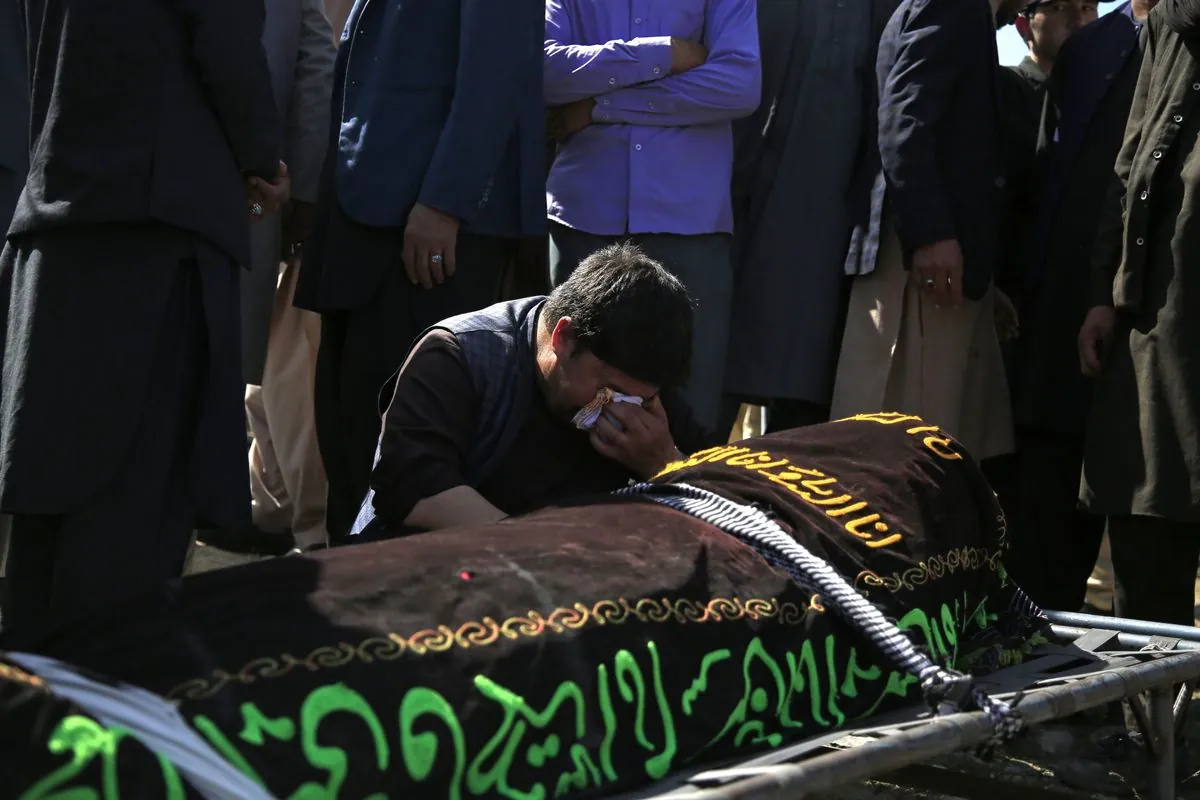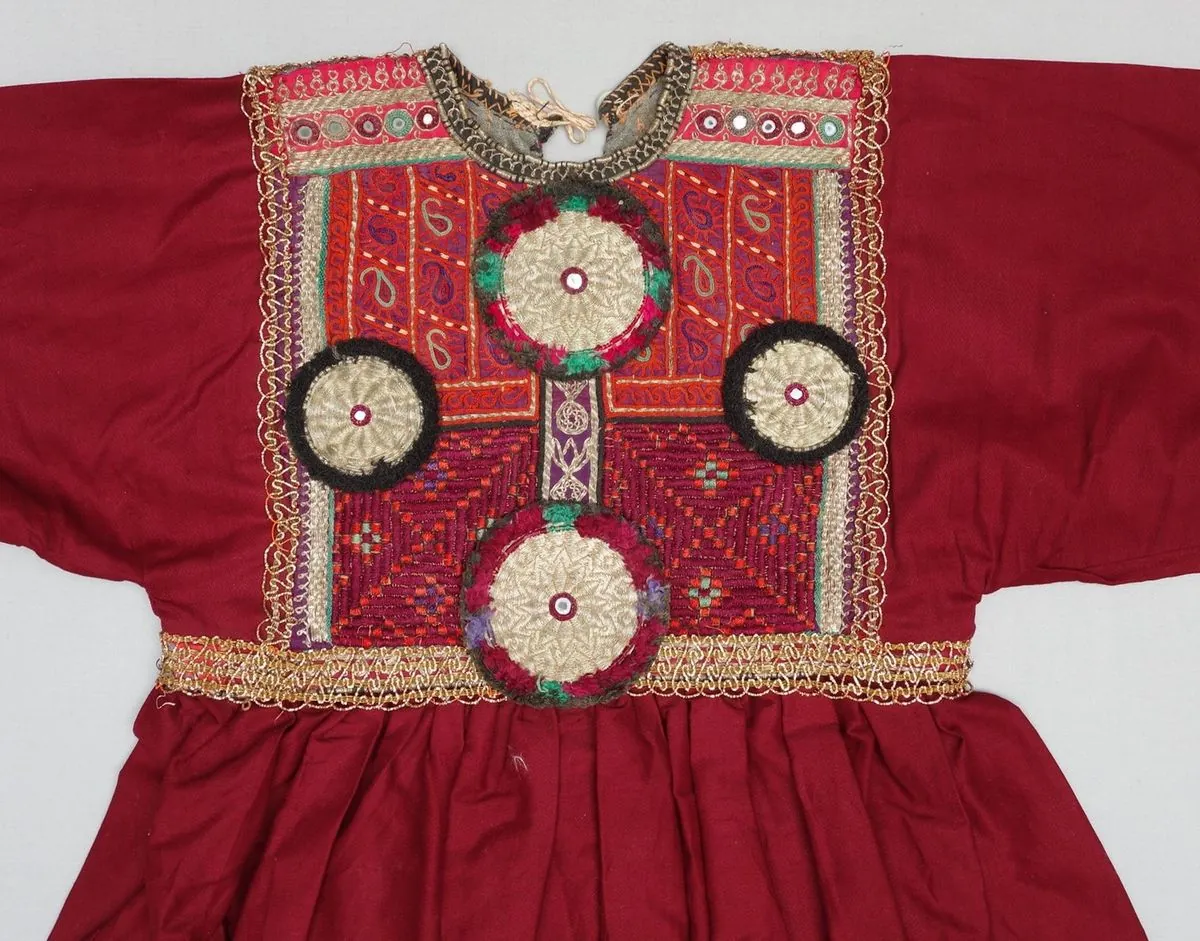IS Militants Kill 14 in Attack on Hazara Travelers in Central Afghanistan
Islamic State militants attacked Hazara travelers in central Afghanistan, killing 14 and wounding 6. The incident highlights ongoing security challenges and sectarian tensions in the region.

In a tragic incident on September 12, 2024, Islamic State militants carried out a deadly attack on Hazara travelers in central Afghanistan, resulting in 14 fatalities and 6 injuries. The assault, which targeted members of the Shiite minority group, occurred as they journeyed between Ghor and Daikundi provinces.
The Islamic State – Khorasan Province (IS-KP), the Afghan affiliate of the extremist group, claimed responsibility for the attack. This organization, formed in 2015, has been actively challenging the Taliban's authority since the latter regained control of Afghanistan in August 2021.

The Hazara people, comprising approximately 9% of Afghanistan's 40 million population, have long faced persecution and discrimination. As predominantly Shi'a Muslims, they are often targeted by Sunni extremist groups like IS, who consider them heretics.
In response to the attack, Nasser Kanaani, spokesperson for Iran's Foreign Ministry, condemned the violence and called for immediate action against the perpetrators. The incident has reignited concerns about the safety of religious minorities in Afghanistan.
"We are making serious efforts to search for the perpetrators and bring them to justice."
The Taliban authorities, who initially delayed acknowledging the attack, have since denounced it as a "barbaric action." However, this incident underscores the ongoing security challenges faced by the current regime.
This attack is part of a series of recent violent incidents attributed to IS-KP. Earlier this month, a suicide bomber targeted a prosecutor's office in Kabul, while in May, a booby-trapped motorcycle explosion in Badakhshan province claimed the lives of three police officers involved in a poppy eradication campaign.
The United Nations Assistance Mission in Afghanistan (UNAMA) expressed condolences to the victims' families and called for an investigation. Richard Bennett, a UN-appointed rights expert for Afghanistan, described the killings as bearing "the hallmarks of international crimes."
As Afghanistan grapples with these security threats, the incident highlights the complex interplay of ethnic and religious tensions in the region. The Hazara community's vulnerability to such attacks remains a pressing concern, emphasizing the need for improved security measures and efforts to promote inter-communal harmony.


































